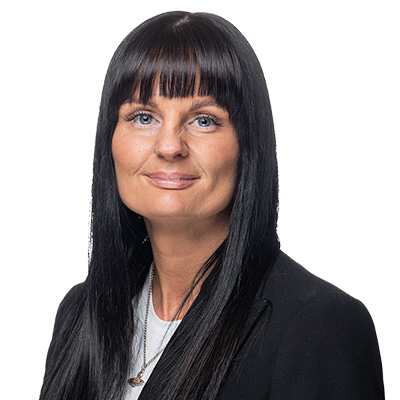Infertility affects an estimated one in seven heterosexual couples in the UK according to the National Institute for Health and Clinical Excellence (NICE).
On 20 February 2013 NICE issued updated guidelines on the eligibility criteria for patients seeking fertility treatment. For the first time, the guidelines made reference to same sex couples, who it is believed account for five per cent of NHS patients seeking fertility treatment. The guidelines also extend the eligibility criteria to women age up to 42, in certain circumstances.
With advances in technology and modern medicine, assisted reproduction has become a viable option for both heterosexual and same sex couples who wish to have a child.
So as NICE catches up with changes to the concept of modern family life, it is important to consider the legalities of IVF and assisted reproduction in the context of family law.
Frequently asked questions
The following are some of our most frequently asked questions when it comes to IVF and assisted reproduction.
Who are the legal parents of a child born through IVF?
Heterosexual couples and IVF/assisted reproduction
Definition of ‘Mother’ and ‘Father’:
- Mother – The woman who carried the child in pregnancy is regarded in law as the mother, whether or not she is the child’s genetic mother.
- Father – If a woman has become pregnant by an embryo, sperm or eggs being placed inside her or by artificial insemination and the embryo she carries is not created from her husband’s sperm, then her husband or ‘consenting partner’ shall be treated as the father for all purposes, unless he can show that he did not consent.
If the man is not married to the woman, whether he is deemed the ‘father’ under law will depend upon whether he was ‘treated together’ with the woman and whether his written consent is given to be treated as the father. So there is a distinction between married and non-married heterosexual couples.
Same sex female couples and IVF/assisted reproduction
Under the Human Fertilisation and Embryology Act 2008 female couples may be deemed, legally, to be the parents of a child conceived through infertility treatment.
If two women are in a civil partnership or same sex marriage, then the woman who has carried the child is deemed to be the ‘mother’ and her civil partner/spouse is deemed to be the other ‘parent’ of the child, unless she does not consent to being so.
If the female couple are cohabiting but not in a civil partnership, then the female who did not carry the child can become a ‘parent’ under law by providing her consent in writing at the time of her partner’s treatment (in other words, when the embryo or the sperm and eggs were placed in woman or the woman was artificially inseminated).
In either scenario, where the other woman is legally deemed to be the ‘parent’ of the child, no man is to be treated as the father of the child.
How do we register the birth?
Assuming the IVF/assisted reproduction treatment has been carried out at a licensed clinic and the necessary consent forms have been completed there, once the baby has been born, the parents should take the paperwork from the clinic to their local registry office, who will be able to register the child’s birth.
The National Records of Scotland website gives more guidance on registering a birth.
Who has rights to our frozen eggs if we split up?
If a couple have chosen to freeze their sperm, eggs or embryos in the hope of being able to use them in the future, they will have to enter into an agreement regulating the use of their embryos at the licensed clinic which will carry out the treatment. At that stage, they have to give their consent to the use of their embryos and agree on how long they’ll be stored for, how they will be used and what will happen if one party dies.
If the embryos have been frozen, either party can withdraw their consent at any time before the embryos are used. If that happens, the embryos cannot be used.
If a party wants to ‘claim’ on the embryos as part of any subsequent divorce, then there is very little they can do if the other party withdraws their consent. A person has an absolute right to prevent their embryo being used and in that situation, as difficult as it may be, the embryos will most likely be destroyed once consent is withdrawn.
How can Thorntons help?
You should contact a Family Law Solicitor if you have any questions about your legal position and rights over your child born through IVF or assisted reproduction. Our team can also guide you through any legal processes if there are disputes over parentage or if you encounter any problems in relation to registering the birth.
At Thorntons Family Law, we offer an initial free no-obligation chat over the phone to outline your options and the possible costs.
Depending on your case and circumstances, the next step is to come into one of our local offices to meet a Family Law Solicitor about your case and the way forward.
Call us on 03330 430 150 for a chat or contact us to book an appointment.
How much will it cost?
We are always clear to clients about the potential costs of any option and offer a range of payment options. In some cases we can offer clients a fixed price package. If we cannot offer a fixed price service, we charge based on the time we spend on your case, including meetings, emails, phone calls and court representations. Depending on your case and circumstances, you may also need to cover outlays, such as court costs or payments to independent experts. We will set out our fees and likely extra costs for you at the start and keep you informed of any possible changes as your case progresses.
Please note we do not offer Legal Aid for this service.
Our Services
Other clients have found the following information helped support them while dealing with child related issues.

















